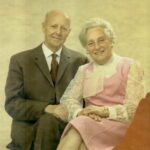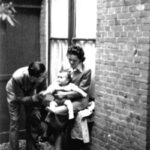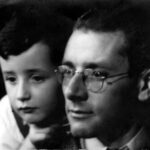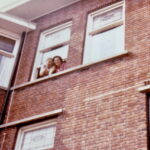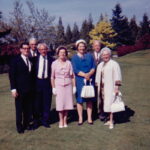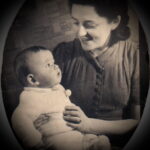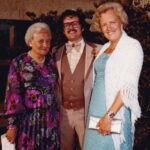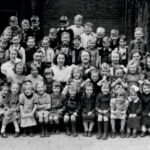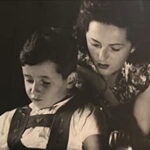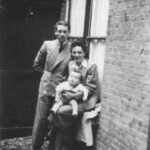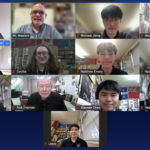Robert Krell was born August 5,1940 in the Hague, Netherlands, during the German occupation. Robert describes the world he grew up in through the memories of his parents, who experienced the growing antisemitism and restrictions firsthand. In 1942 the family was ordered to report to a collection point, from which many of his father’s friends were deported to Westerbork, and then to Auschwitz. At the time the family did not know where people were being sent, but they knew that no one returned. Robert’s parents made the decision to go into hiding and they sent their little boy to live with a former neighbor; another family – the Munniks – stepped up and took him in, changing his identity. He was given a toy dog to play with to remind him of his mother, and when his father visited for the last time he told Robert to call him Uncle Leo, not father. Robert’s parents went into hiding as well, aided by the Dutch underground. Robert would be in hiding for three years, and here he reveals that he did not cry, complain, or admit illnesses during that time. Following liberation, his parents were strangers who shared him with his Dutch Christian family. Robert said that 1945 was shocking for a child: liberation was not a positive time. Robert was most eager to immigrate and he arrived in Canada in 1951 at age 11. He recalled that his parents appeared distressed, but for him there were possibilities. Robert attended British Columbia Medical School, and he went on to become a psychiatrist who has treated many first and second generation Holocaust survivors. In 1982 Robert organized a Child Survivor network, and he has become a passionate advocate for Holocaust education who has written about his life and whose words have reached thousands. That includes Crestwood students, who had the chance to zoom with him in May 2025.
Videos
Click next video below to keep watching
